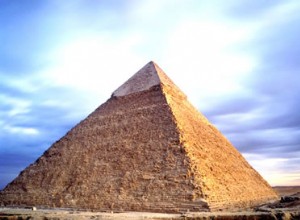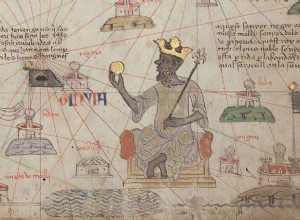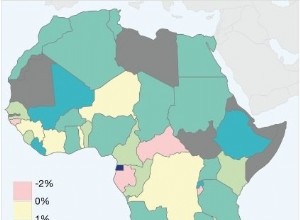By Rainer Sousa Of all the wonders of antiquity, the Great Pyramid of Giza, located in Egypt, is the only one that can still be seen by tourists today. As proof of the veneration that the Egyptians had for the pharaoh, this monument questions many of the prejudices that usually link the Ancient Worl




